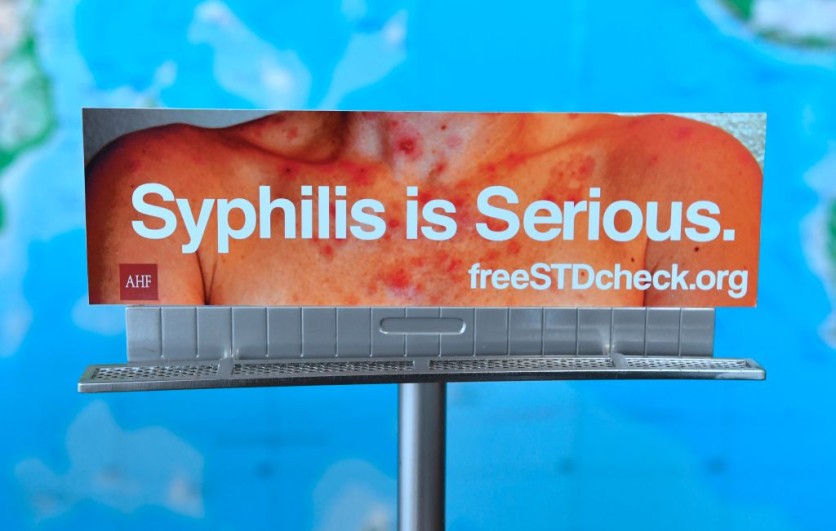Statistics from the US Centers for Disease Control and Prevention (CDC) shed light on a growing health concern: syphilis cases in newborns have spiked over 10 times in the past decade.
From just 334 recorded occurrences in 2012, the count soared to 3,761 in 2022—a figure not seen in the last 30 years, according to AP News. The disturbing CDC data also indicate that there were 51 infant deaths and 231 stillbirths linked to the disease last year.

A Grave Health Concern
Syphilis, a sexually transmitted disease (STD) known for causing severe health repercussions if left unchecked, can pose grave risks during pregnancy, according to Reuters. The condition is associated with grim outcomes such as stillbirths, miscarriages, infant mortality, or serious health problems for both the mom and child-to-be.
Congenital syphilis cases occur when infected mothers unwittingly pass on the disease to their children, and such rates have been climbing in the US.
The CDC noted that if proactive pregnancy screenings and interventions had been executed on time, the majority of these tragic circumstances might've been avoided-around nine out of 10.
The CDC suggested healthcare providers start treating pregnant patients who test positive for syphilis immediately, without waiting for further testing. They recommended making speedy tests accessible in urgent care facilities, needle exchange sites, and prisons while ensuring ample patient transportation services are made available for those requiring medical attention.
The CDC guideline also advocates regular syphilis screening—at least once—for sexually active women of reproductive age living in areas with high disease rates, as well as their partners. Recent findings by the CDC revealed that about seven in 10 adult Americans reside in such high-risk regions.
Despite these strategies suggested by the CDC, they fall short of proposing additional federal funding for local and state health departments, naturally leading to resource constraints when it comes to implementing effective prevention and treatment efforts.
Infectious diseases specialist Dr. Mike Saag pointed out that syphilis may be a "silent infection" in women, making a blood test necessary for diagnosis difficult. In rural areas, the lack of prenatal care has been a barrier to early syphilis detection and treatment. One penicillin treatment may prevent syphilis from spreading to the unborn child if diagnosed early during pregnancy. However, delayed diagnosis may require multiple doses between 20 and 30 days before birth.
Free HIV Prevention Drugs Pushed
In a separate development, there is a proposed federal policy designed to safeguard older Americans from contracting HIV by providing them with free preventive medication. According to KFF, this effort fits in a broader initiative launched across Europe and Africa to contain the spread of the STD.
A new move from the Biden administration proposes that Medicare fully bear the cost for preexposure prophylaxis medications, known as "PrEP", which are effective at thwarting HIV transmission.
This coverage is expected to benefit anyone aged 65 or older by offering them both pill and recently-developed long-acting injectable versions of PrEP drugs for free. It's noteworthy that almost half the US HIV-positive population is made up of individuals over 50 years of age.
This proposed shift in health insurance policy is momentous as it nixes patient copayments and provides comprehensive coverage even for the newest long-acting injectable PrEP drugs, which can rack up an annual bill north of $20,000 in the US.
This plan's effects on taxpayers, including drug coverage costs and possible cost savings by caring for fewer Medicare individuals with HIV, are unclear.
Related Article : CDC Expands Airport Surveillance to Prepare for Increased Respiratory Virus Circulation

ⓒ 2026 TECHTIMES.com All rights reserved. Do not reproduce without permission.




